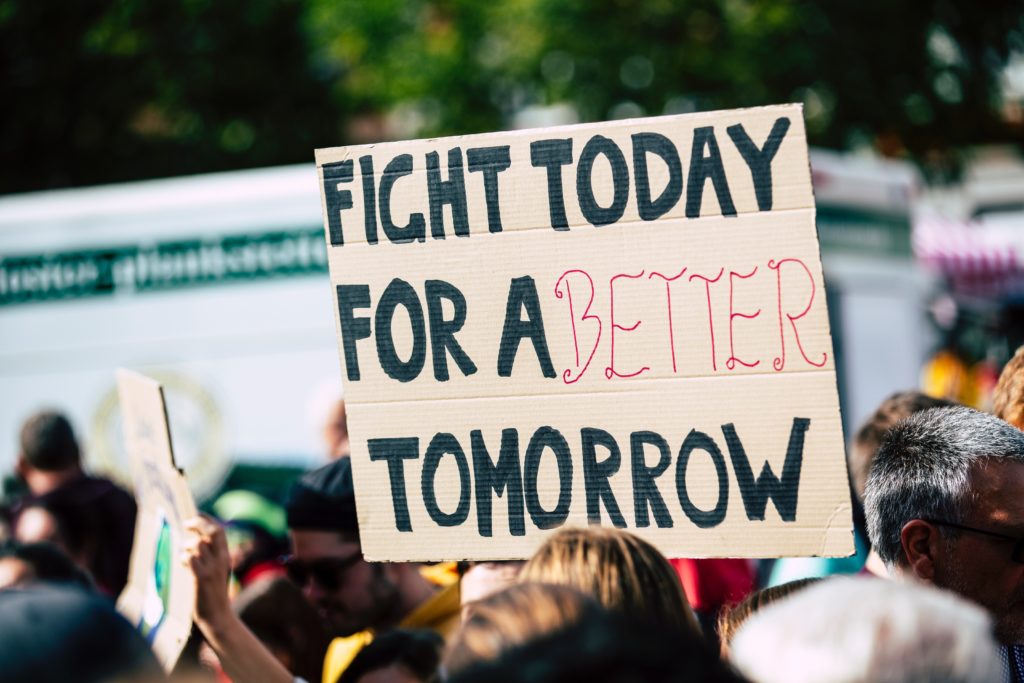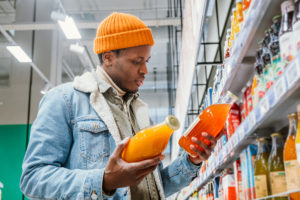
Blog
How Three Months Changed the Mindset of CPG CEOs
In January, Consumer Brands released its Industry View 2020 report, a look at what was on the minds of CPG executives at the time. Upon release, we shared, “Many of the issues CPG companies contend with on a daily basis are invisible to consumers.”
We had no idea how visible the issues were about to become. Just weeks after the report’s release, the world changed. Supply chain, perhaps the most invisible issue to consumers before the COVID-19 pandemic struck, became kitchen-table conversation as panic buying emptied store shelves. State patchwork regulations were also on display, as shelter orders and restrictions rolled out across the country, prompting widespread confusion.
The events of the last three months have irreversibly changed the country. Even as we slowly return to normal, we do so knowing that very little will be the same — including what is on the minds of CPG executives. In a discussion with leaders from Consumer Brands’ members, we found their mindsets had shifted dramatically and what were priorities in January are footnotes in June.
The day-to-day business of CPG companies is about product; but the clear focus of CEOs is people. The need to meet people — consumers and employees alike — where they are was the common thread through every issue that surfaced in the discussion.
The needs of employees have been front and center for CPG executives from the very start of this pandemic. As an essential industry, we were immediately forced to figure out how to operate safely and show appreciation for the men and women who walked through the doors of our facilities every day. The industry responded with a host of new benefits, from additional paid leave to pay bonuses.
That immediate — and continued — attention to people meant the industry was able to deliver for Americans, allowing them to stay home and stay safe. Nearly half (46%) of Americans say their trust in the industry has increased in the wake of COVID-19, on top of the 46 percent who said their trust had been maintained. And what were the primary drivers of their trust? Companies ensuring the delivery of products needed to help fight COVID-19 and doing the right things for essential employees.
As the nation begins to move beyond the pandemic, CPG executives are reconsidering what workplaces, from office buildings to manufacturing facilities, will look like. How can they ensure employees’ safety who were not essential employees and are just coming back? What steps taken during the pandemic need to become permanent changes? What investment is required for the new reality and how will it impact business long term?
Many of these questions would be helped by greater federal clarity. Wildly different state-by-state approaches have created challenges in providing essential products to consumers. The drive for federal clarity may be the one constant from our January survey of CPG executives, when complying with a patchwork of state regulations was the top issue impacting their business.
Unfortunately, it’s a constant challenge — one brought into sharp focus as companies have navigated the pandemic and struggled to keep up with the whiplash changes at the state and local level. Clear federal guidance would empower states and localities to implement policies consistently, better allowing companies to effectively plan beyond the pandemic, accommodate the changing needs of their employees and meet consumer demand.
Ever willing to critically assess where they can improve, CPG executives are taking a pointed look at their supply chains. Supply chains were long prized for just-in-time delivery that reduced costs; the pandemic was a lesson that resiliency is just as important. Supplier diversification and the ability to increase capacity rapidly may add some cost, but there was an assumption that these national or even global events — whether pandemic, hurricane or otherwise — were going to keep happening and possibly more frequently and the need to be prepared to meet consumer demand outweighed any cost impact.
While the COVID-19 pandemic has had the biggest impact on their business this year, the discussion also included another issue that was about people: the protests over racial injustice. The clear commitment and desire for real change was palpable among these leaders. Jeff Harmening, chairman and CEO of General Mills and board chairman of Consumer Brands, put it well in his recent LinkedIn post, “The magnitude of the challenge in front of us — to create a just and inclusive culture — is significant. We all have a lot of work to do.”
Published on June 8, 2020




